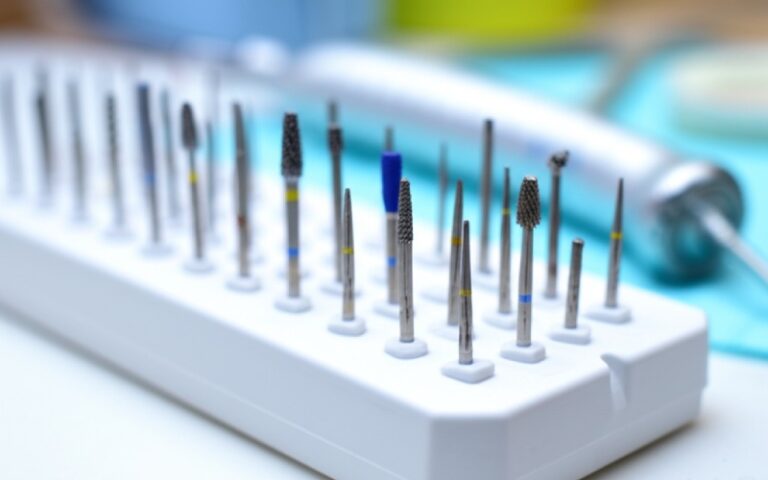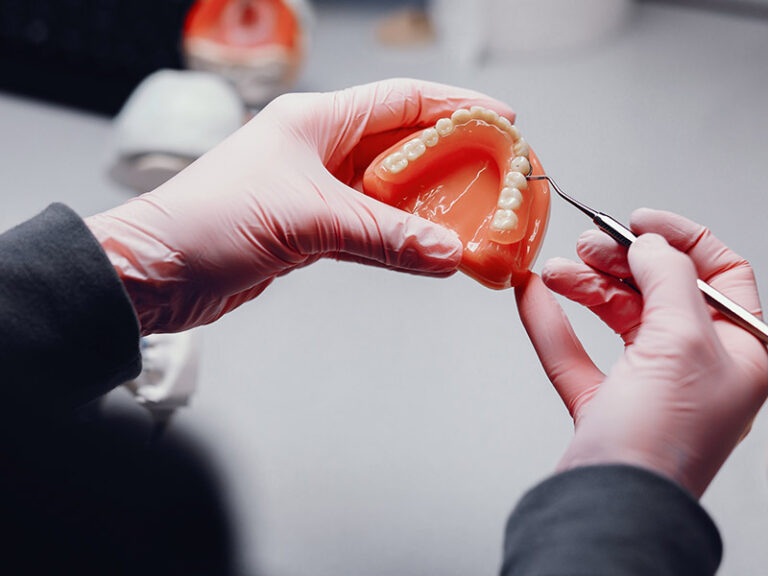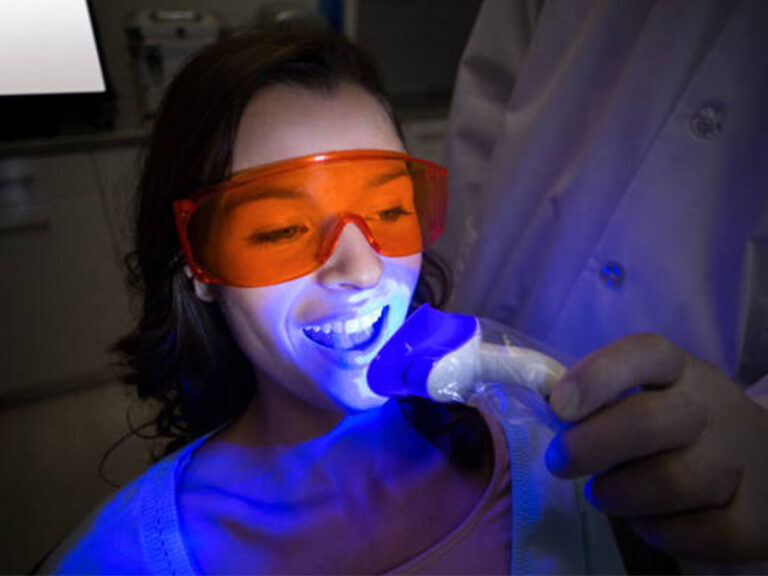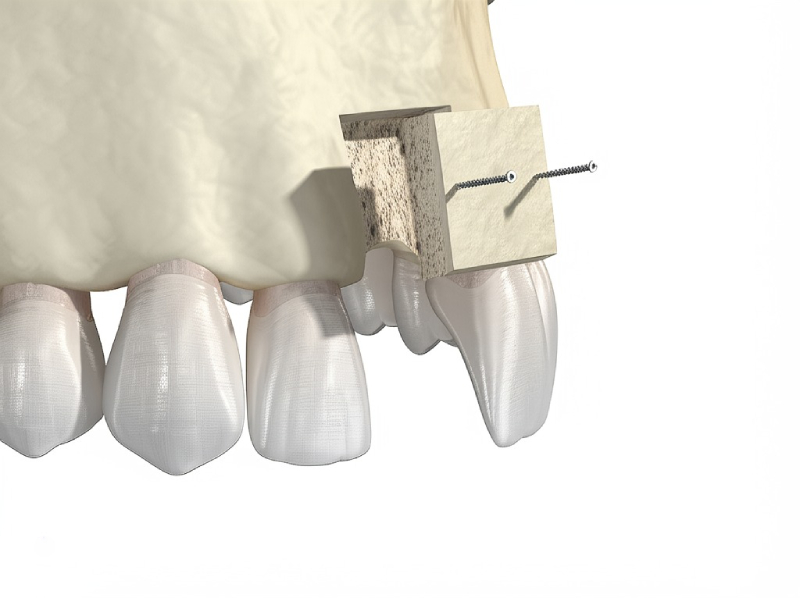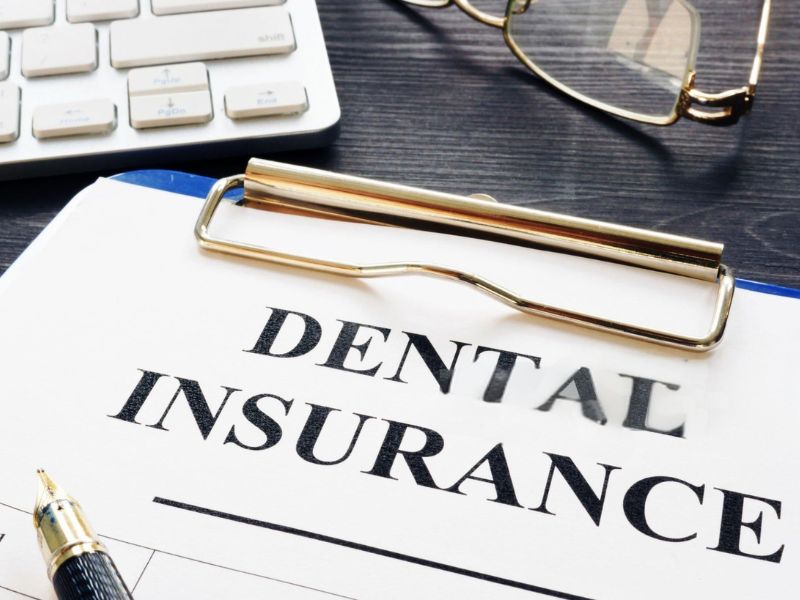
What Dental Services Does Medicare Cover? A Simple Guide for Seniors
By Someone Who’s Dealt With the Medicare Headaches Firsthand
Table of Contents
Introduction: My Story With Medicare and Dental Care
If you’re like me, you probably thought when you hit Medicare age that basic health needs—even dental—would be covered. After all, keeping your mouth healthy matters, especially as we age. Toothaches won’t wait, and neither does gum trouble. But stepping into Medicare, I soon saw that finding dental coverage is anything but simple. All that confusion made me dig around, ask a lot of questions, and look for what dental services Medicare really covers.
I want to tell you what I learned, not just the rules but the tricks, the odd cases, and the real costs. Since I had to deal with all of this myself, this article is the guide I wish someone had handed to me.
What Original Medicare (Parts A & B) Doesn’t Cover—and Those Odd Exceptions
The Basic Rule: No Simple Dental Care
I’ll get right to it: Original Medicare (Parts A & B) does NOT cover the regular dental stuff we need the most. That means exams, cleanings, fillings, pulling teeth, crowns, bridges, dentures, and implants—none of it gets paid for.
The first time I saw my dental bill after going on Medicare, I just stared at it, half-waiting for some “Medicare discount” to pop up. Didn’t happen. Teeth cleaning? Your problem. Root canal? Same. New dentures? You better have money tucked away, because Medicare won’t back you up here.
And I’m not alone. According to the Kaiser Family Foundation, around half of all folks with Medicare don’t have any dental coverage at all. Since the things most of us need—checkups, cleanings, fillings, even dentures—aren’t covered, a lot of us end up picking between dental visits and other needs.
When Original Medicare Might Cover Dental Work
Before you lose all hope, let me tell you about the few (pretty rare) times Medicare may help. I learned that Medicare only steps in for dental stuff if it’s tied to something bigger—a bigger health issue.
Here’s what I found out:
1. Dental Work As Part of a Hospital Stay
If you land in the hospital and need dental work because of your main health problem, Medicare Part A (hospital insurance) may help. Say, I tripped and broke my jaw. If the hospital treats my broken jaw, some dental work might get paid for while I’m in the hospital. Still, Medicare only pays for the hospital side—not any later dentist visits.
2. Dental Checks Before Major Surgery
Sometimes, before big surgeries like a transplant or new heart valve, the hospital may want you to get your teeth checked to make sure you don’t have any infections hiding out. In these cases, Medicare might pay for the checkup, but only if the hospital asks for it and does it while you’re admitted.
For example, before my neighbor’s heart surgery, her doctor wanted a dentist to make sure nothing in her mouth could travel and cause more trouble. That exam, done while she was at the hospital, got covered. But the price of any dental work they found? Not covered.
3. Tough Surgeries Linked to Big Health Problems
If you get a tumor in your jaw or get really hurt and need complex surgery, Medicare may pay if the doctors say it’s a must. But that’s not the same as regular tooth pulling or a simple root canal. We’re talking big operations—and the focus is the surgery itself, not normal dental care.
4. Bad Accidents Needing Hospital Dental Care
If you have a bad accident and need dental work while you’re in the hospital, Medicare may cover that part. Still, any later visits or regular dental work won’t be covered.
What Is Still NOT Covered
Even if Medicare covers some dental stuff while you’re in the hospital, it won’t help with teeth cleanings, fillings, crowns, dentures, or most tooth pulls. Medicare almost always only pays for the hospital part, not the dentist’s bill.

How Medicare Advantage (Part C) Became My Dental Lifesaver
When I realized Original Medicare left me stuck with nearly every dental expense, I knew I had to try something else. Enter Medicare Advantage (Part C). For me, this was the best shot I had at getting dental help.
What Dental Benefits Look Like With Medicare Advantage
Medicare Advantage plans come from private insurance companies that work with Medicare. They give you at least the basics Medicare does, but most throw in extras like dental, vision, or hearing help because they want more people to pick their plans.
Here’s what I saw when I started looking:
- Regular Dental Care: Many “Advantage” plans pay for basic dental stuff like checkups, cleanings, and X-rays. At last, I got my twice-a-year cleanings paid for!
- Simple Fixes: Some plans cover things like fillings or pulling teeth.
- Big Procedures: A couple even pay for dentures, root canals, crowns, and bridges. But watch out—there are usually set yearly limits or certain things they won’t cover, or you’ll have to pay part of the bill.
In my case, my Medicare Advantage gave me two cleanings and one X-ray a year, some help with fillings, and paid part of the price for the crown I needed.
Figuring Out Networks, Copays, and Plan Limits
Of course, there’s always a catch. With Medicare Advantage dental, here’s what you need to look out for:
- Dentist Networks: You may need to see a dentist on their list or you’ll pay more. I called my old dentist, and he wasn’t in. So I had to pick someone new.
- Limits Each Year: Most plans stop paying after a certain amount—maybe $1,000 or $2,000 a year. When I had more work than that limit, I was on my own.
- Copays and Coinsurance: Even if a service is covered, expect to pay each visit or a chunk of the bill. Always read what’s covered!
A Quick Example:
Last year, I got a filling, a cleaning, and a crown. My plan paid:
- All the cost for the cleaning and X-rays.
- 80% of the filling.
- $400 of a $1,200 crown—I paid the rest.
How I Picked the Right Medicare Advantage Dental Plan
Here’s what I’d say: don’t just look at the “monthly price.” Take a closer look at the dental part:
- Check what’s covered (basic or big stuff?).
- See the max they’ll pay each year. Plans vary a lot.
- Is your dentist on their list? If not, you might need to switch.
- Are there waiting times? Some make you wait for major stuff.
When I compared, I visited plan websites, used the official Medicare Plan Finder, and called for details. It took a bit, but it saved me money later when I needed work done.

Every Other Option: More Ways I Found to Get Dental Coverage and Save Money
What if, like a lot of folks, you can’t get or don’t want a Medicare Advantage plan—or you still need more help? Over the years, I’ve checked every other way I could to fill the gap. Here’s what I tried—what worked, what didn’t.
Medicaid (State Help)
Medicaid is a federal and state program for people with less money or certain disabilities. In some states, Medicaid pays for a lot of dental work; in others, it just covers emergencies—or nothing at all.
To see if I could get it, I checked my state’s Medicaid website and called their office. What I found depended on where I lived, but some states give more dental help than Medicare does. If your money is below what your state says, start here.
Private Dental Insurance
You can buy regular dental insurance even if you have Medicare. The deal? These policies can cover different things, may make you wait for big procedures, and often have yearly limits and costs.
When I checked this out, I got quotes from companies like Aetna, Cigna, and Delta Dental. Plans were $20 to $60 a month, but not all paid well for crowns or dentures. You really have to look at what’s offered, how much, and if your dentist is signed up.
Dental Discount Plans
Another way is a dental discount plan. Pay a yearly fee, and you get lower prices at certain dentists. It’s not real insurance—there’s no money paid out to you, but you might save 10–60% on your bill.
For some people, this is great, especially if you think you’ll be paying most costs anyway. But make sure your dentist is in the plan, and check how much you’ll actually save.
Community Health Centers, FQHCs, Dental Schools
If money’s tight, look around for community health clinics, federally qualified health centers (FQHCs), and dental schools. They often charge based on what you can pay.
I booked an appointment at a dental school once. It took more time—they’re students, so things move slower and teachers double check everything. But the cost? Way less than a regular dentist office.
VA Dental Benefits
If you’re a veteran, you might get VA dental care. Here’s the thing: it’s not for everyone—you usually need to have a mouth problem caused by military service or another reason they list. My uncle got care through the VA because he got hurt in the service, and they cover most of his dental needs.
If you’re unsure, call your local VA office or look on their website. Never just assume you don’t qualify—always ask!
Local Programs for Seniors
Don’t forget about local charities, state senior services, or senior groups. Once, when money was tight, I found a local grant that covered dental cleanings for older folks, just to help us stay healthy. These things come and go, so call around or ask your dentist what’s out there.
Real Numbers: What Dental Care Might Cost You (And How I Learned to Plan Ahead)
Let’s talk money—the part that made me nervous every time I got a dental bill. Seniors with no insurance like I once was pay around $1,000 a year for dental care. If you need things like crowns or dentures, that number shoots way up.
Skipping regular care because of the cost only made things worse for me. That small hole in my tooth got bigger—it turned into a root canal. Leaving my gums alone too long meant I needed deep cleanings and more.
Let me share the top three lessons I picked up:
1. Always Save Something for Dental Bills
Even with a plan, you’ll probably have to pay out of pocket for something—maybe part of your bill, or for care your plan doesn’t cover. I started tucking away a little cash each month just for dental bills, kind of like I did for car repairs.
2. Don’t Skip Checkups
Missing a cheap checkup can cost way more later. I know—a $100 cleaning saved me from needing a $1,000 root canal.
3. Shop Around for Plans and Help
Dental help—whether it’s Medicare Advantage, Medicaid, or something else—often has limits or rules. Get all the details, ask questions, and switch if something better comes up for you.
Some Key Facts:
Here’s a quick summary:
- About 50% of people on Medicare don’t have any dental cover at all.
- 1 in 5 older folks skip the dentist because of cost.
- Over 60% of people over 65 have gum problems—these also tie into heart disease, diabetes, and more.
- $1,000/year is what most seniors without insurance spend out of pocket for dental care.
Seeing these numbers made it clear I had to take my mouth health seriously and take action.
Final Thoughts: Taking Charge of Your Mouth Health With Medicare
Now that I’ve been through the twists and turns of Medicare dental coverage, I know you have to be your own best helper. If all you have is Original Medicare, plan for dental bills—or look for extra help, whether that’s Medicare Advantage, Medicaid, or a local clinic.
Here are my main takeaways:
- Don’t just assume dental’s covered when you get Medicare. Call your plan, read what it says, double check before you go to the dentist.
- Take all the help you can get from Medicare Advantage or Medicaid if you qualify. Ask about dentist lists, what they’ll pay for, and yearly limits.
- Don’t stop looking for options. Dental schools, discount cards, clinics, and senior help programs are out there if you dig a little.
- Prevent big problems. Small dental issues don’t fix themselves, and they’re always cheaper when you catch them early.
For me, regular dental care is no extra nice thing—it’s a must. Your mouth is the front door to your body and feeling better overall.
So don’t wait. Whether you’re already on Medicare or planning ahead, get moving now. Ask questions, look at your choices, set up some support, and keep your teeth—and your health—for years to come.
Got more questions about Medicare and dental benefits? Drop a comment below—I’ve been in your shoes, and I’m happy to help with what I know.

